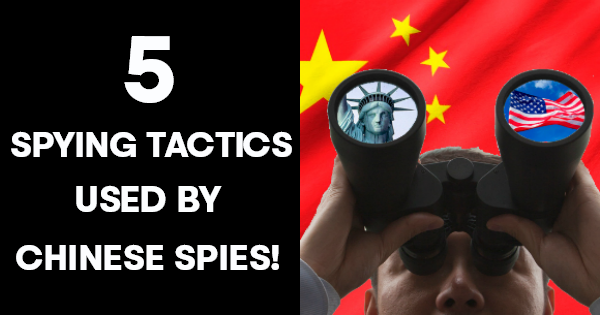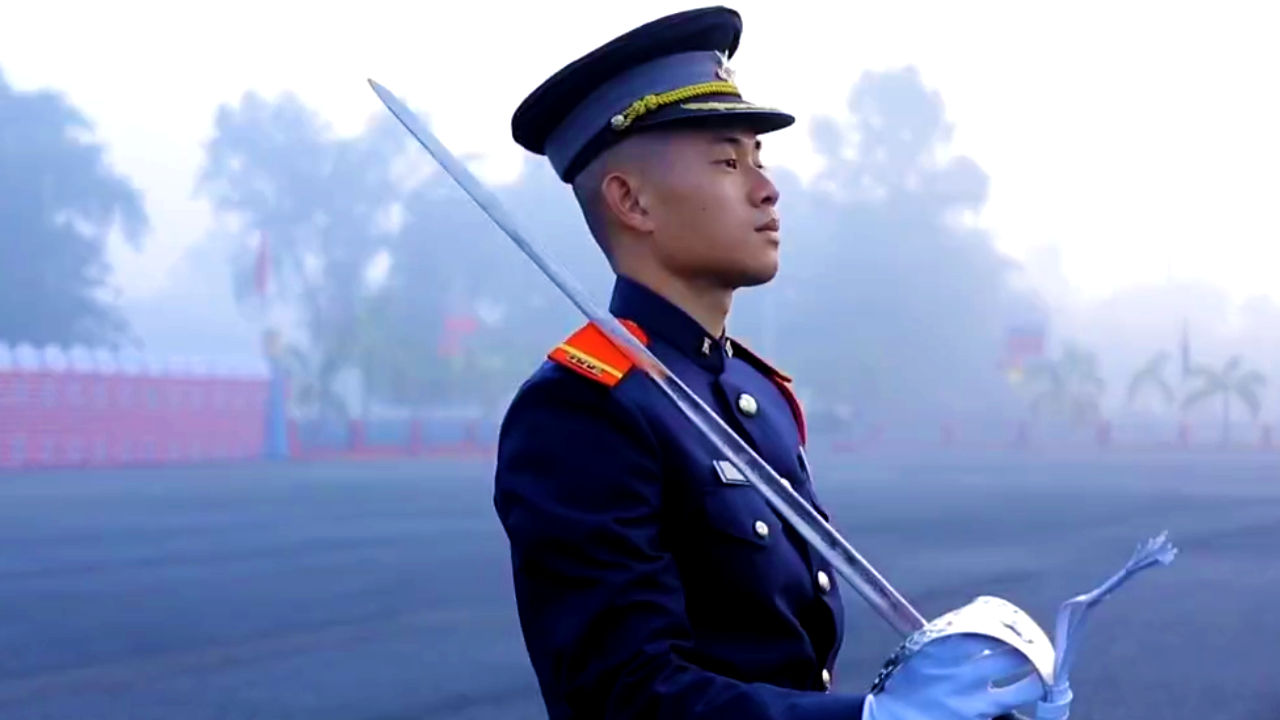Unless you have been living under a rock, it is safe to assume that you have heard about at least some of the western three-letter spy agencies, such as the CIA, NSA, MI6 or even the Israeli Mossad. However, have you ever heard anything about any of Beijing’s intelligence outfits? Probably not!

A little Chinese Spook History!
“Spies are the most important in war because on them depends an army’s ability to move” Sun Tzu
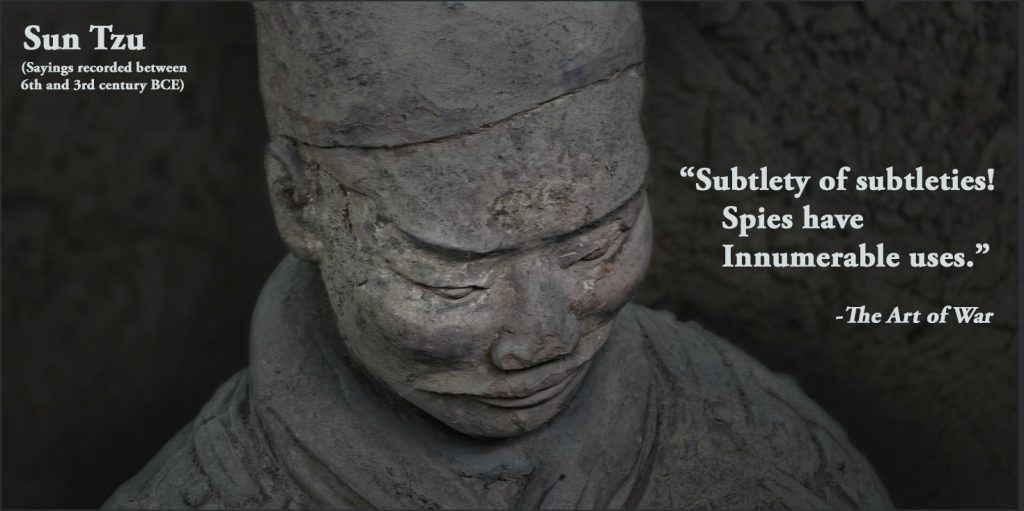
Intelligence is said to be the second oldest profession, with the Chinese having perfected it into an art form. Espionage has been a crucial part of China’s overall Statecraft, as is evident by 6th-century general Sun Tzu’s quote. Every single Chinese empire extensively employed the services of spies.

Modern Day Chinese Spycraft!

The origin of the 21st Century Chinese intelligence apparatus has been around for only three decades. Their espionage outfits like any superpower are broadly divided into three segments.
- Internal Intelligence
- External Intelligence
- Military Intelligence
Some Of Beijing’s Three-letter Agencies, That We Know Of…
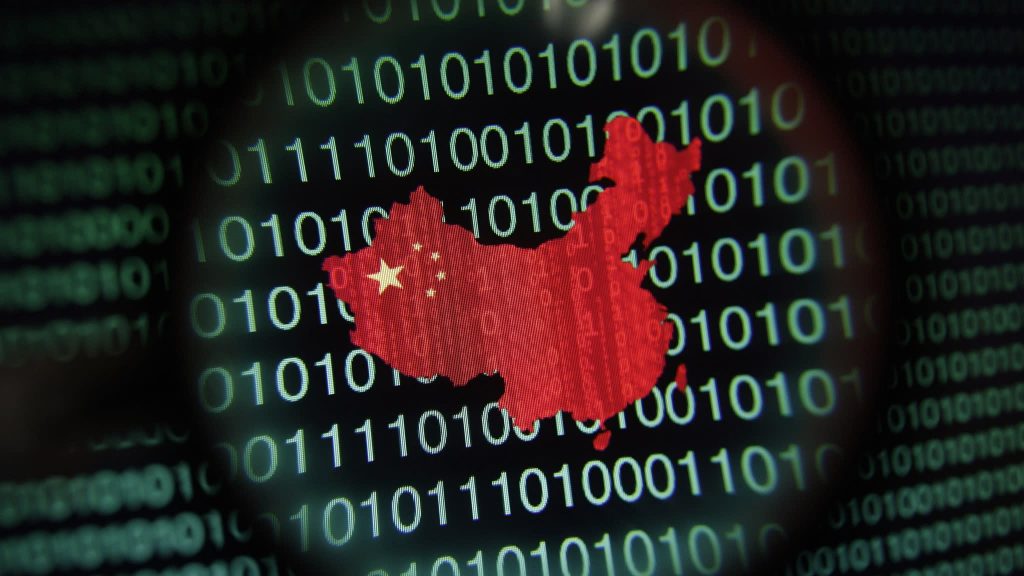
- Military Intelligence Department
- General Staff Department (2PLA)
- Third Department of the Peoples Liberation Army (3PLA)
- Signals Intelligence (SIGINT)
- Joint Staff Department
- Strategic Support Force

According to an article on Chinese Human Intelligence, written by retired Indian Air Force officer, Squadron Leader Vidula Abhyanakar,
The First Bureau of the Military Intelligence Department is responsible for gathering HUMINT overseas and focuses the activities of countries like Hong Kong, Taiwan and Macau. The MID has also been known to sponsor domestic insurgencies in Afghanistan and Thailand”
The Who and How of Recruitment
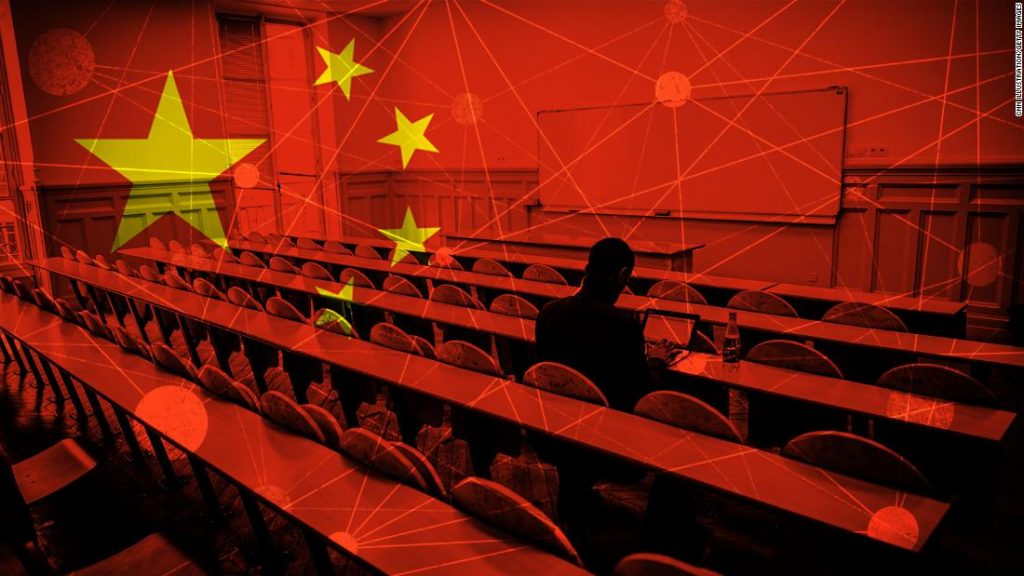
The Chinese have adopted some uniquely original HUMINT tactics, and trust only ethnic Hans Chinese. Their reasoning for the utilisation of ethnic Chinese as human agents is they are patriotic and proud of their national identity. Some of the most prevalent methods of intelligence gathering as analysed by Squadron Leader Abhynkar are:
1.) The Honey Pot
One of the more well-known tactics, courtesy of Hollywood’s romanticised portrayal of spies. This method of information gathering is as old as espionage! According to a thorough investigative report by Foreign Policy Magazine, published in 2011, it was revealed that the British Secret Service (MI5) was increasingly concerned about Chinese espionage. The reportage highlighted that in 2009 the British intelligence had issued a 14-page document highlighting Chinese ‘spook’ attempts to blackmail western businessmen over ‘sexual relationships.’ the document explicitly mentioned that Chinese Intelligence organisations are “Trying to develop long term relationships” and “exploit vulnerabilities such as sexual relationships”
2.) Thousand Grains of Sand

This is an ingenious intel collection method for gathering mid-level. intelligence. The Chinese gather large chunks of seemingly irrelevant data, which when combined together forms a piece of critical intel. Beijing’s Ministry of State Security (A bureaucratic body and spy organ clubbed into one) leverage Information Technology Companies, News organisations, Finacial Institutions and other private firms as fronts or cover for their spying operations in foreign countries. The information garnered through these front companies are then analysed as a collective, to determine enemy developments.
3.) Mosaic

Similar to a thousand grains of sand, this method utilises Chinese academic scholars conducting sanctioned research at reputed educational institutions. The use of academics is used to garner small bits of intel during college exchanges, scientific cooperation programs etc. Large-scale deployment of human agents at relevant academic gatherings over time helps Bejing piece together a picture of a country’s upcoming developments.
4.) Seeding

Seeding is a standard practice used by ‘spook’ agencies around the world. The method as the name suggests means to plant a seed (human asset) into an organization to garner intelligence and develop a spy network. The deep-cover operative works patiently in the target organization as any other employee, all the while obtaining long term strategic intelligence.
5.) Recruiting Chinese Citizens to Collect Specific Intelligence
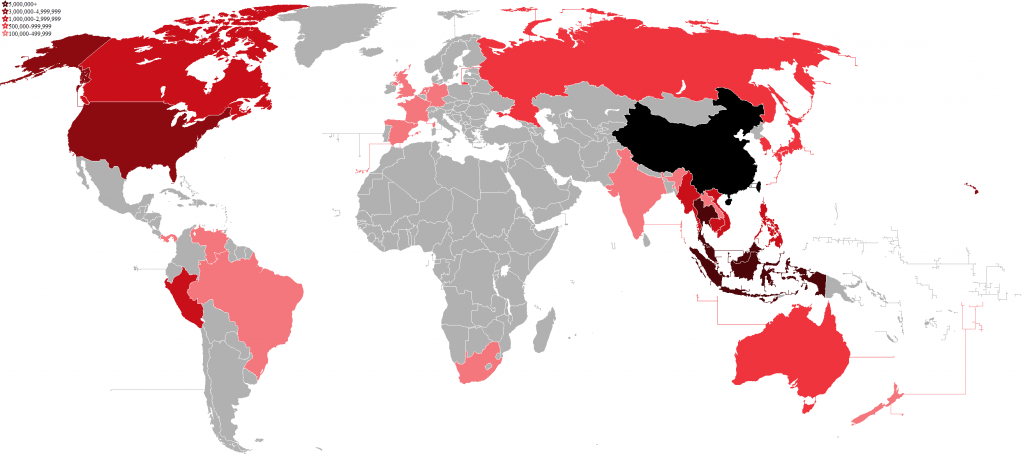
While this not much of technique, but rather a strategy taking advantage of the country’s globetrotting population, it has proved quite useful in obtaining specific intelligence. Chinese intelligence approaches working professional who travels abroad for business trips, asking them to spy for their country. Their handlers then debrief these Chinese citizens, giving specific instructions about what they are required to do. Their case officers (handler) recruit them to collect a ‘particularly specific’ piece of information which their job or proximity may give them access to. Often the concerned spy does not know themselves about the relevance of the information they are gathering. The data, when sent over to Chinese analysts, is then analysed along with several other intel sources to paint a clear picture.
Quiet Professionals

Chinese intelligence is shrouded in mystery with even experts often in the dark about their activities. Though spies from India’s eastern neighbour are not romanticised by the media or exaggerated movie portrayals, it is essential to acknowledge their professional expertise as true ‘quiet professionals. In the world of international espionage, they are truly a force to be reckoned with!

